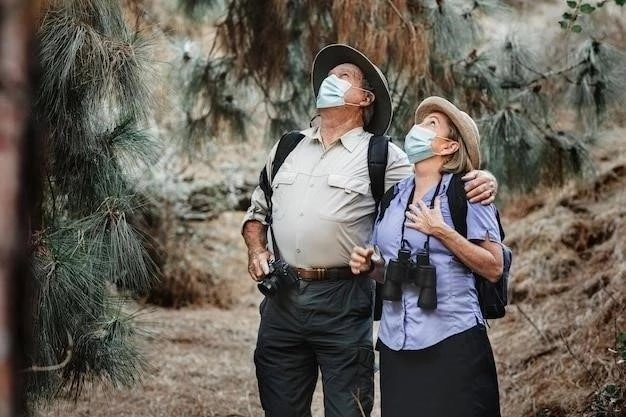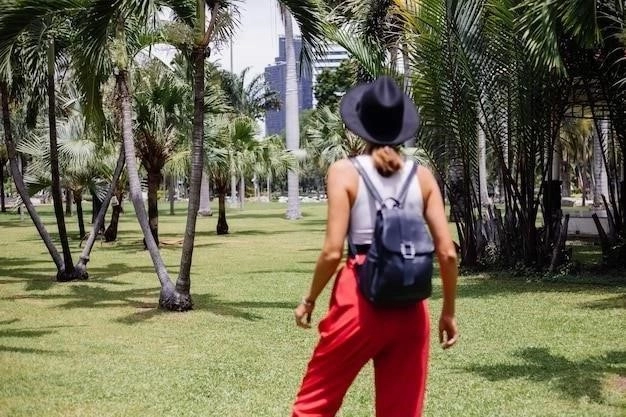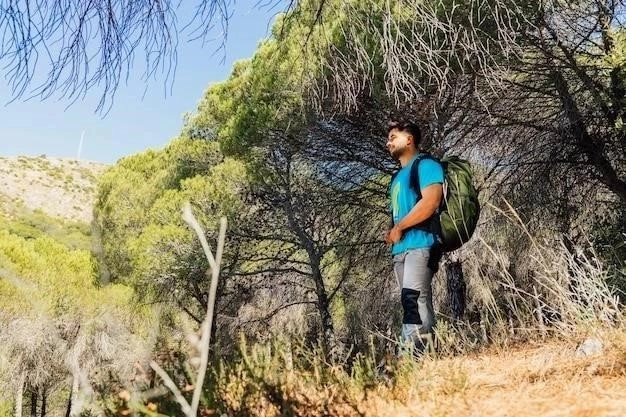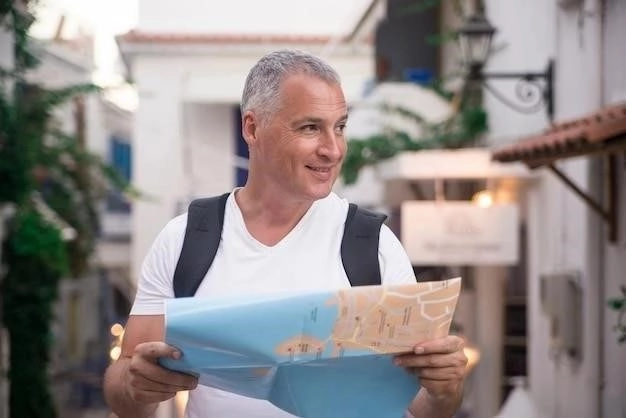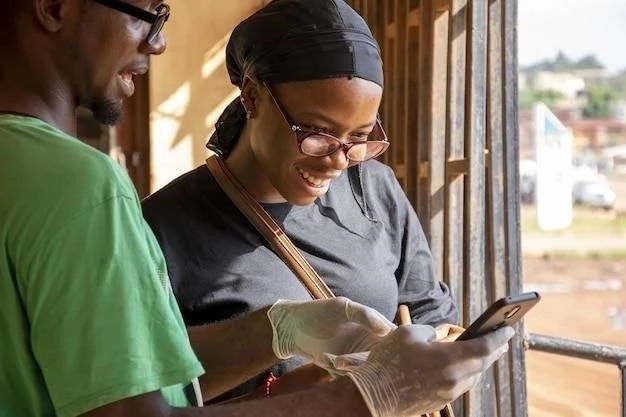Salvador Travel Guide 2024
Discover the vibrant charm of El Salvador with this comprehensive 2024 travel guide. Explore the country’s rich culture, stunning landscapes, and renowned coffee plantations while navigating safety, transportation, and local customs with ease.
Planning Your Trip
Embarking on a journey to El Salvador requires careful planning to ensure a rewarding and seamless experience. Here’s a comprehensive guide to help you navigate the intricacies of crafting your ideal Salvadoran adventure:
Research and Itinerary:
Begin by delving into the diverse offerings of El Salvador. Explore its captivating cities, picturesque colonial towns, volcanic landscapes, and renowned surf breaks. Consider your interests, whether they lie in history, culture, adventure, or relaxation, and curate an itinerary that aligns with your passions. Leverage online resources, travel blogs, and guidebooks to gather insights and inspiration for your trip.
Budgeting:
Determine a realistic budget that encompasses flights, accommodation, transportation, meals, activities, and souvenirs. El Salvador generally offers affordable travel options, but costs can vary depending on your choices. Consider opting for local transportation, budget-friendly accommodation, and street food to maximize your travel funds. Allocate a contingency fund for unexpected expenses.
Travel Style:
Reflect on your preferred travel style. Do you seek organized tours or independent exploration? Do you prioritize luxury accommodations or budget-friendly options? Understanding your travel preferences will guide your decisions regarding accommodation, transportation, and activities, ensuring a fulfilling and enjoyable trip tailored to your needs.
Booking:
Once you’ve solidified your itinerary and budget, proceed with booking flights, accommodation, and any necessary tours or activities. Secure your bookings in advance, especially during peak seasons or for popular attractions, to avoid disappointment. Utilize reputable travel agencies, airline websites, and accommodation booking platforms to secure the best deals and ensure reliable service.
Best Time to Visit
El Salvador, with its tropical climate, offers pleasant weather year-round, making it an appealing destination throughout the year. However, understanding the nuances of each season can greatly enhance your travel experience. Here’s a comprehensive guide to help you determine the optimal time to visit:
Dry Season (November to April):
Considered the most popular time to visit, the dry season boasts abundant sunshine, clear skies, and minimal rainfall, creating ideal conditions for outdoor activities, beach excursions, and exploring the country’s natural wonders. This period also aligns with the peak tourist season, so expect higher prices and increased crowds, especially during the holiday periods.
Shoulder Seasons (May to June and September to October):
For those seeking a balance between pleasant weather and fewer crowds, the shoulder seasons offer a desirable compromise. Rainfall is relatively low, temperatures remain moderate, and accommodations often offer reduced rates. This period provides an excellent opportunity to experience El Salvador’s natural beauty and cultural attractions with a more tranquil ambiance.
Wet Season (July to August):
Characterized by increased rainfall, particularly in the afternoons and evenings, the wet season transforms the landscape into a lush, verdant paradise. While rain showers can be heavy, they typically subside quickly, leaving behind refreshed air and vibrant scenery. This period is ideal for witnessing the country’s lush vegetation, cascading waterfalls, and experiencing a more authentic, less crowded side of El Salvador.
Ultimately, the best time to visit El Salvador depends on your individual preferences and travel priorities. Whether you seek sun-drenched adventures, cultural immersion amidst vibrant festivals, or tranquil exploration of natural wonders, El Salvador offers a rewarding experience throughout the year.
Visas & Entry Requirements
Ensuring a smooth entry into El Salvador requires a clear understanding of the visa and entry requirements for your nationality. Here’s a comprehensive guide to help you navigate the process:
Tourist Visa Requirements:
Citizens of many countries, including the United States, Canada, and the European Union, are granted visa-free entry into El Salvador for tourism purposes for a stay of up to 90 days. However, it’s crucial to verify the specific requirements applicable to your nationality before traveling. Ensure your passport is valid for at least six months beyond your intended stay and has at least two blank pages for entry and exit stamps.
Visa Extensions:
Should you wish to extend your stay beyond the initial 90 days, you can apply for a visa extension at the Dirección General de Migración y Extranjería (General Directorate of Migration and Immigration) in San Salvador. It’s advisable to initiate the extension process well in advance of your visa expiry date to avoid any complications.
Entry Requirements:
Upon arrival in El Salvador, you’ll need to present a completed customs declaration form, your passport, and proof of onward travel, such as a return ticket or a ticket to your next destination. Immigration officials may also inquire about the purpose of your visit and the address of your accommodation.
Health Regulations:
While there are no mandatory vaccination requirements for entry into El Salvador, it’s recommended to consult with your healthcare provider regarding routine travel vaccinations and any necessary health precautions based on your itinerary and health history. Ensure you have adequate travel insurance that covers medical expenses in case of any unforeseen circumstances.
It’s essential to note that visa and entry requirements can change, so it’s crucial to consult with the nearest Salvadoran embassy or consulate in your home country for the most up-to-date information before your departure. By adhering to these guidelines, you can ensure a seamless entry and embark on your Salvadoran adventure with peace of mind.
Getting to Salvador
Reaching El Salvador, a vibrant heart of Central America, is conveniently accessible via both air and land, offering travelers flexibility in planning their journey. Here’s a comprehensive guide to navigate your arrival options:
By Air:
El Salvador’s primary international gateway is the Monseñor Óscar Arnulfo Romero International Airport (SAL), located approximately 40 kilometers south of the capital city, San Salvador. Several major airlines offer direct flights to SAL from North America, Central America, and select destinations in Europe and South America. Upon arrival, transportation options from the airport to your chosen accommodation include taxis, rental cars, and shuttle services.
Overland Travel:
For those seeking an adventurous route or traveling from neighboring countries, overland travel to El Salvador is a viable option. Well-maintained highways connect El Salvador to Guatemala, Honduras, and Nicaragua. Public buses offer a cost-effective way to traverse these routes, providing an opportunity to witness the scenic beauty of the region. However, it’s essential to research bus companies, routes, and schedules beforehand. Private shuttles offer a more comfortable and efficient alternative, particularly for longer journeys.
Important Considerations:
When planning your arrival in El Salvador, consider factors such as travel time, budget constraints, and personal preferences. Booking flights and transportation in advance, especially during peak seasons, is advisable to secure the best rates and availability. Familiarize yourself with local customs regulations regarding luggage allowances and any applicable import restrictions.
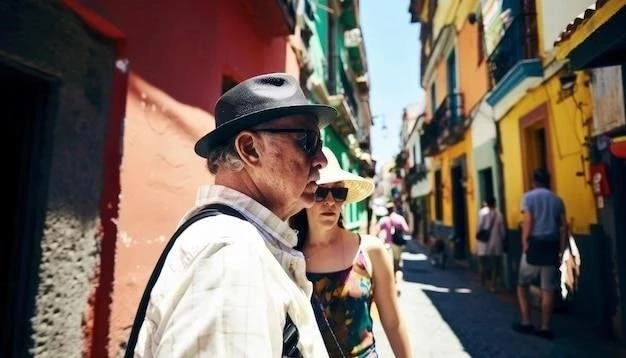
Whether you choose to arrive by air or embark on a scenic overland adventure, El Salvador welcomes travelers with open arms and promises an enriching experience amidst its vibrant culture, breathtaking landscapes, and warm hospitality.
Getting Around Salvador
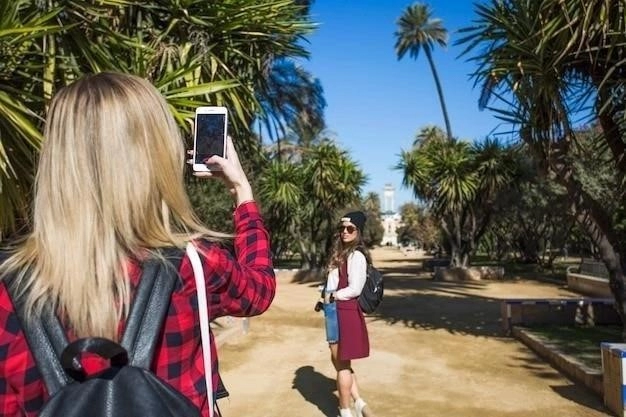
Navigating El Salvador’s diverse landscapes and vibrant cities is made easy with a range of transportation options to suit every preference and budget. Here’s a comprehensive guide to help you traverse the country with ease:
Public Transportation:
El Salvador boasts an extensive and affordable public transportation system, making it a convenient option for both locals and budget-conscious travelers. Brightly colored buses, known as “buses,” ply numerous routes across cities and towns, offering an authentic glimpse into Salvadoran life. It’s advisable to inquire about specific routes and fares beforehand. For shorter distances within urban areas, minibusses, known as “microbuses,” provide a quicker and often more comfortable alternative.
Taxis:
Taxis are readily available in major cities and towns throughout El Salvador. While they offer convenience and flexibility, it’s crucial to ensure you’re using a reputable company or hailing a registered taxi. Negotiate the fare with the driver before commencing your journey, as meters are not always used. Ride-hailing services, such as Uber, also operate in urban areas, providing a convenient and reliable transportation option.
Rental Cars:
For those seeking independent exploration and the freedom to set their own pace, renting a car can be a viable option, particularly for venturing beyond major cities. Several international car rental companies operate in El Salvador, with offices located at the airport and in major cities. However, driving conditions in El Salvador can be challenging, with heavy traffic and mountainous terrain in some areas. Ensure you have adequate insurance coverage and familiarize yourself with local driving regulations.
When selecting a transportation mode in El Salvador, consider your budget, comfort level, and the specific destinations on your itinerary. By utilizing a combination of these options, you can navigate the country efficiently and immerse yourself in its vibrant culture and scenic beauty.
Accommodation
El Salvador offers a diverse array of accommodation options catering to a wide spectrum of preferences and budgets, ensuring a comfortable and enjoyable stay for every traveler. Whether you seek luxurious retreats, charming boutique hotels, or budget-friendly guesthouses, El Salvador has something to offer:
Luxury Hotels:
Indulge in the epitome of comfort and sophistication at one of El Salvador’s upscale hotels. Located in major cities and scenic coastal areas, these establishments boast world-class amenities, including swimming pools, spas, fitness centers, and fine dining restaurants, providing an indulgent and pampered experience.
Boutique Hotels:

For a more intimate and personalized stay, consider opting for a boutique hotel. Often housed in restored colonial buildings or nestled in picturesque settings, these establishments offer unique charm, character, and personalized service, providing a glimpse into the local culture and heritage.
Budget-Friendly Options:
El Salvador caters to budget-conscious travelers with an array of affordable accommodation options. Hostels, guesthouses, and budget hotels offer comfortable and clean lodging at reasonable rates, allowing you to allocate more of your travel funds to exploring the country’s many attractions.
Location and Amenities:
When selecting accommodation, consider factors such as proximity to attractions, transportation hubs, and dining options. Assess the amenities offered by each establishment, ensuring they align with your preferences and needs, whether it be Wi-Fi access, air conditioning, or on-site dining facilities. Booking in advance, especially during peak season or for popular destinations, is highly recommended to secure your preferred choice of accommodation.
Safety and Security
While El Salvador has made significant strides in improving safety and security in recent years, it’s essential for travelers to exercise vigilance and take necessary precautions to ensure a safe and enjoyable trip. Here’s a comprehensive guide to navigating safety considerations:
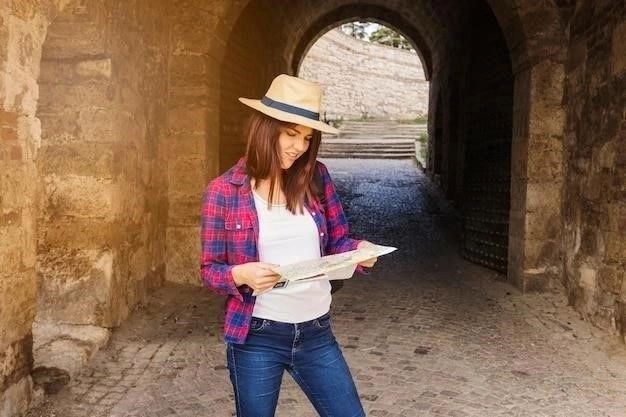
General Safety Tips:
Maintain a low profile and avoid displaying expensive jewelry or large sums of cash. Be mindful of your surroundings, especially in crowded areas and at night. Avoid walking alone in unfamiliar or poorly lit areas, particularly after dark. Opt for well-lit and populated streets whenever possible. Trust your instincts and if a situation feels unsafe, remove yourself from it immediately.
Petty Crime:
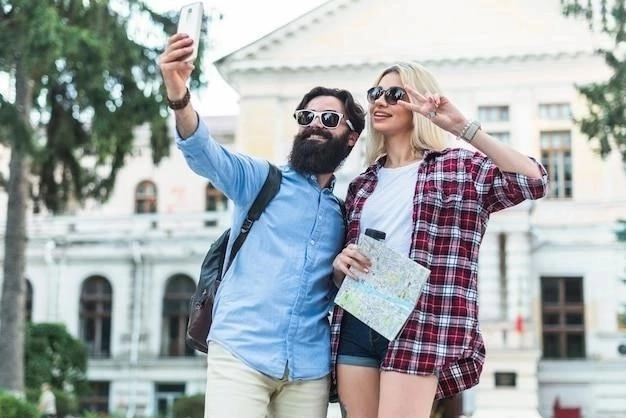
As with any tourist destination, petty crime, such as pickpocketing and bag snatching, can occur, particularly in crowded areas. Be vigilant of your belongings, especially in markets, bus stations, and tourist hotspots. Utilize hotel safes for valuables and avoid carrying unnecessary cash or expensive items.
Transportation Safety:
When using public transportation, be particularly cautious of your belongings. Opt for registered taxis or ride-hailing services over unofficial transportation options. Avoid traveling on overnight buses whenever possible. If renting a car, familiarize yourself with local traffic laws and exercise caution, especially when driving at night.
Emergency Contacts:
Save local emergency numbers, including the police (911) and your embassy or consulate, in your phone. Inform trusted individuals of your itinerary and whereabouts, and consider sharing your live location if traveling alone. Register with your embassy’s traveler program to receive updates and alerts.
By adhering to these safety precautions, maintaining situational awareness, and exercising common sense, you can mitigate risks and enjoy a safe and memorable journey through El Salvador’s vibrant culture and breathtaking landscapes.
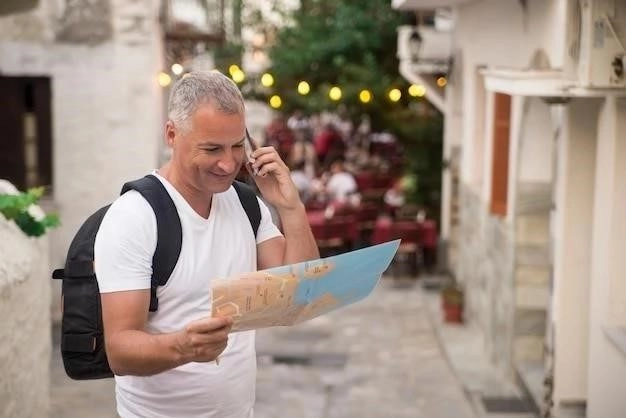
Health
Prioritizing your health while traveling to El Salvador ensures a smooth and enjoyable trip. Here’s a comprehensive guide to help you stay healthy during your visit:
Vaccinations and Health Precautions:
Consult with your healthcare provider regarding recommended vaccinations and preventative measures for El Salvador well in advance of your trip. Routine travel vaccinations, such as Hepatitis A and Typhoid, are generally recommended. Depending on your itinerary and activities, additional vaccinations or medications may be advised. Pack a well-stocked first-aid kit containing essential medications, insect repellent, sunscreen, and any personal medications you require.
Food and Water Safety:
To prevent traveler’s diarrhea, consume food from reputable restaurants and street vendors that maintain good hygiene standards. Opt for thoroughly cooked food and avoid consuming raw or undercooked meat, seafood, or vegetables. Drink bottled water or beverages prepared with boiled or purified water. Avoid ice in drinks unless it’s made from a reliable source.
Sun Protection:
El Salvador’s tropical climate necessitates diligent sun protection. Apply sunscreen with a high SPF, wear a hat and sunglasses, and seek shade during peak sun hours to prevent sunburn and heatstroke. Stay hydrated by drinking plenty of water, especially when engaging in outdoor activities.
Medical Care:
While El Salvador has both public and private healthcare facilities, the quality of care can vary. It’s crucial to have comprehensive travel insurance that covers medical expenses, including emergency evacuation if necessary. In case of a medical emergency, contact your embassy or consulate for assistance.
By prioritizing these health considerations, you can enjoy peace of mind and focus on experiencing the vibrant culture, natural beauty, and warm hospitality of El Salvador.
Money
Navigating the financial landscape of El Salvador is essential for a seamless and budget-friendly trip. Here’s a comprehensive guide to understanding currency, payment methods, and money management tips:
Currency:
El Salvador adopted the US dollar as its official currency in 2001. US dollars are widely accepted throughout the country, making currency exchange hassle-free for travelers. It’s advisable to carry small denominations of US dollars for ease of transactions, especially in smaller establishments and for tipping.
ATMs and Credit Cards:
ATMs are readily available in major cities and towns, allowing you to withdraw local currency (US dollars) using your debit or credit card. However, it’s advisable to inform your bank of your travel plans to avoid any issues with card usage abroad. Credit cards are generally accepted in larger establishments, such as hotels, restaurants, and supermarkets, but it’s always best to confirm beforehand, as smaller businesses may prefer cash payments.
Money Exchange:
While currency exchange is not typically necessary for US dollar holders, travelers arriving with other currencies can exchange their money at banks, exchange bureaus, and some hotels. However, it’s generally advisable to compare exchange rates and fees before committing to a transaction. Airports and tourist areas may offer less favorable rates, so it’s worth exploring options in city centers.
Budgeting and Money Management:
El Salvador generally offers affordable travel options, but costs can vary depending on your spending habits. Establish a realistic budget that encompasses accommodation, transportation, meals, activities, and souvenirs. Consider opting for local restaurants, public transportation, and free or low-cost activities to stretch your travel funds further. Carry a mix of cash and cards for convenience and security, and keep a record of your expenses to stay within your budget.
Food and Drink
Exploring El Salvador’s vibrant culinary scene is an integral part of experiencing its rich culture and heritage. From traditional dishes to fresh seafood and tropical fruits, Salvadoran cuisine tantalizes the taste buds with its unique flavors and aromas.
Traditional Delights:
Indulge in the quintessential Salvadoran dish, “pupusas,” thick, handmade corn tortillas filled with a variety of savory ingredients, such as cheese, beans, pork, or loroco, a flavorful vine flower bud native to Central America. Savor the rich flavors of “sopa de gallina india,” a traditional hen soup simmered with aromatic spices and vegetables. Sample “yuca frita,” crispy fried cassava root served with a tangy dipping sauce. These culinary staples offer a glimpse into the heart of Salvadoran cuisine.
Fresh Seafood and Tropical Fruits:
El Salvador’s coastal location blesses its culinary landscape with an abundance of fresh seafood. Indulge in “ceviche,” a refreshing dish of marinated raw fish cured in citrus juices, onions, and cilantro. Sample “pescado a la plancha,” grilled fish seasoned with local herbs and spices. Quench your thirst with refreshing fruit juices made from exotic fruits, such as mangoes, papayas, and passion fruit.
Coffee Culture:
El Salvador is renowned for its exceptional coffee production. Immerse yourself in the country’s coffee culture by visiting a local coffee plantation or enjoying a cup of freshly brewed Salvadoran coffee at a café. Savour the rich aromas and distinct flavors of this beloved beverage.
Embrace the opportunity to tantalize your palate with the diverse flavors of El Salvador, from traditional dishes to fresh seafood and tropical fruits. Whether you’re dining at a local eatery, savoring street food delicacies, or indulging in a fine dining experience, El Salvador’s culinary offerings promise a memorable gastronomic journey.
Things to Do in Salvador
El Salvador, a vibrant tapestry of natural wonders, cultural treasures, and exhilarating adventures, offers a myriad of experiences to captivate every traveler. Here’s a curated selection of things to do in this enchanting Central American gem:
Explore Ancient Ruins:
Journey back in time and unravel the mysteries of El Salvador’s rich Mayan heritage at the UNESCO World Heritage Site of Joya de Cerén, often referred to as the “Pompeii of the Americas.” Explore the well-preserved ruins of Tazumal, a significant Mayan ceremonial center. Discover the ancient pyramids and palaces of San Andrés, offering insights into the country’s pre-Columbian past.
Embrace Natural Beauty:
Embark on an exhilarating hike to the crater lake of Santa Ana Volcano, El Salvador’s highest peak, and witness breathtaking panoramic views. Immerse yourself in the tranquility of El Imposible National Park, a haven of biodiversity with cascading waterfalls, lush rainforests, and diverse wildlife. Relax on the pristine shores of El Tunco Beach, renowned for its world-class surfing waves and laid-back bohemian vibe.
Experience Local Culture:
Immerse yourself in the vibrant cultural tapestry of El Salvador by exploring the historic colonial city of Suchitoto, with its cobblestone streets, charming artisan workshops, and picturesque lake views. Visit the vibrant Mercado Central in San Salvador, a bustling marketplace brimming with local crafts, textiles, and culinary delights. Witness the energy of a traditional Salvadoran dance performance, showcasing the country’s rich folklore and heritage.
El Salvador’s diverse offerings cater to every interest, from history enthusiasts and nature lovers to adventure seekers and cultural explorers. Embrace the opportunity to create unforgettable memories amidst its captivating landscapes, vibrant cities, and warm hospitality.
Places to Visit
El Salvador, though compact in size, unveils a treasure trove of captivating destinations, each with its unique charm and allure. Here’s a curated selection of must-visit places to include in your itinerary:
San Salvador:
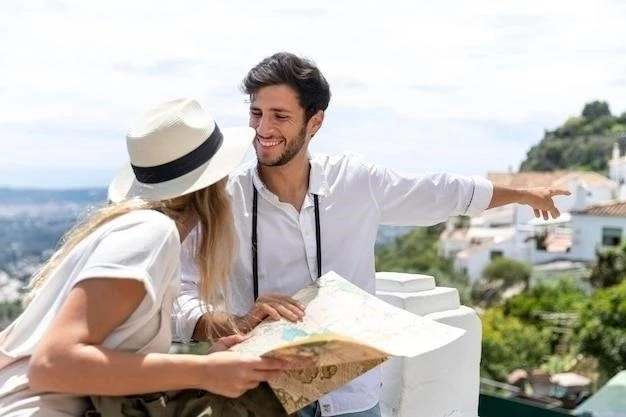
Immerse yourself in the vibrant capital city of San Salvador, a bustling metropolis where history, culture, and modernity intertwine. Explore the grandeur of the Catedral Metropolitana, a symbol of the city’s resilience. Delve into the nation’s history at the Museo Nacional de Antropología Dr. David J. Guzmán, showcasing El Salvador’s rich cultural heritage. Stroll along the Paseo El Carmen, a lively pedestrian street brimming with restaurants, bars, and artisan shops.
Ruta de las Flores:
Embark on a scenic journey along the “Flower Route,” a captivating stretch of road winding through picturesque mountain towns known for their colorful colonial architecture, vibrant flower farms, and charming coffee plantations. Explore the cobblestone streets of Juayúa, renowned for its weekend food festival, and savor local delicacies. Discover the artistic ambiance of Ataco, adorned with vibrant murals and home to traditional craft workshops.
Suchitoto:
Step back in time in the enchanting colonial city of Suchitoto, nestled on the shores of Lake Suchitlán. Explore its cobblestone streets lined with well-preserved colonial buildings, charming art galleries, and inviting cafes. Visit the Iglesia Santa Lucia, a beautiful 19th-century church, and enjoy panoramic views of the lake and surrounding countryside.
These captivating destinations offer a glimpse into the heart and soul of El Salvador, showcasing its rich history, vibrant culture, and breathtaking natural beauty. Whether you seek urban adventures, cultural immersion, or tranquil escapes, El Salvador’s diverse destinations promise an unforgettable journey.
Culture and Customs
Immerse yourself in the vibrant tapestry of El Salvador’s culture and customs, where warmth, hospitality, and a deep sense of tradition are deeply ingrained in everyday life. Understanding and respecting local customs will enrich your travel experience and foster meaningful connections with the Salvadoran people.
Greetings and Etiquette:
Salvadorans are generally warm and welcoming, placing great importance on personal connections. When greeting someone for the first time, a handshake along with a smile is customary. If greeting someone you know well or an elder, a kiss on the cheek is a common gesture of respect. Addressing people using appropriate titles, such as “Señor” for men and “Señora” for women, followed by their last name, is considered polite.
Family Values:
Family holds paramount importance in Salvadoran culture, and extended family often play a significant role in daily life. Respect for elders is deeply ingrained, and their opinions and guidance are highly valued. When visiting someone’s home, it’s customary to bring a small gift, such as pastries or flowers, as a gesture of appreciation.
Religious Observances:
El Salvador has a predominantly Catholic population, and religious observances play a significant role in society. Visitors should be mindful of religious customs and dress modestly when visiting churches or religious sites. Sunday is generally considered a day of rest, and many businesses may have limited hours or be closed.
By embracing the warmth of the Salvadoran people, respecting local customs, and engaging with the local culture, you’ll create lasting memories and foster meaningful connections during your journey through this enchanting country.
Language
Navigating the linguistic landscape of El Salvador is essential for enriching your interactions and embracing the local culture. While Spanish reigns as the official language, understanding its nuances and common phrases will enhance your travel experience.
Spanish: The Language of Connection:
Spanish serves as the primary language of communication in El Salvador, spoken by the vast majority of the population. While English proficiency is growing, particularly in tourist areas and larger cities, it’s not as widely spoken as in some other Central American countries. Embracing even a basic understanding of Spanish will greatly enhance your interactions with locals, allowing for more authentic and meaningful connections.
Essential Phrases for Travelers:
Equipping yourself with a few essential Spanish phrases can go a long way in facilitating communication and demonstrating respect for the local culture. Mastering greetings, such as “Hola” (Hello), “Buenos días” (Good morning), “Buenas tardes” (Good afternoon/evening), and “Buenas noches” (Good night), is a great starting point. Learning to say “Por favor” (Please) and “Gracias” (Thank you) will go a long way in demonstrating courtesy.
Language Resources:
Numerous resources are available to aid your language learning journey before and during your trip. Consider utilizing language learning apps, phrasebooks, or online resources to familiarize yourself with basic Spanish vocabulary and grammar. Immersing yourself in the language by listening to Spanish music, watching Spanish films, or engaging in conversations with locals will further enhance your comprehension and fluency.
While language barriers may arise at times, approaching them with patience, a smile, and a willingness to communicate will foster understanding and create memorable interactions with the welcoming people of El Salvador.



